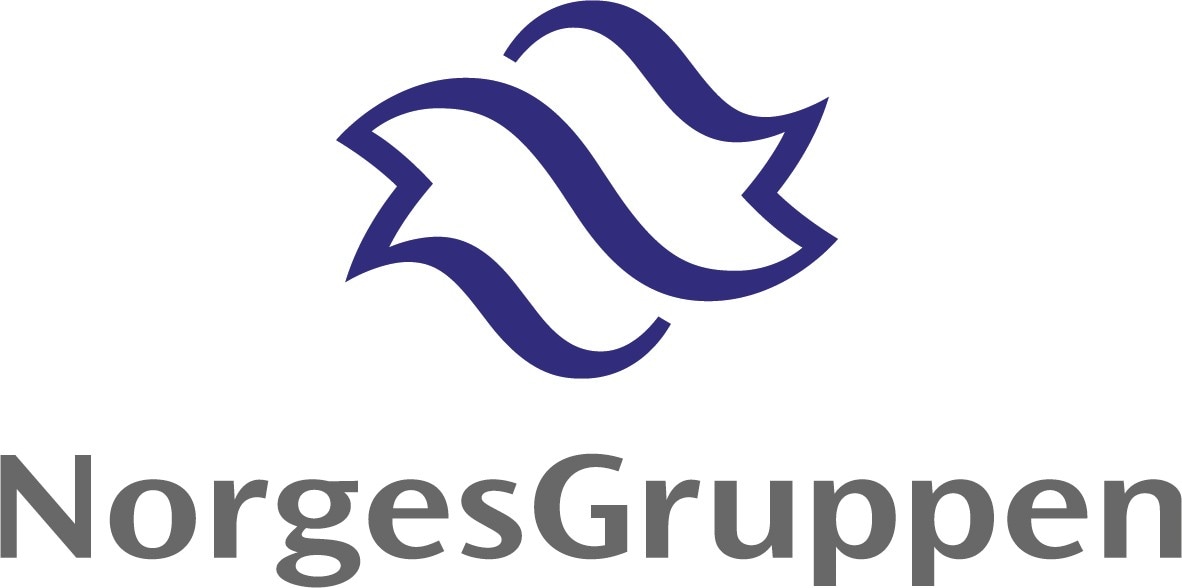Big sister is here to help you
At NorgesGruppen, they work with business analysis in order to get their customers out of their shops as quickly as possible. "It's about nothing more than giving the customers what they want", says Director of Marketing and Business Intelligence, Truls Fjeldstad.
Advertisers are struggling with the fact that fewer and fewer Norwegians see advertising on TV or read printed media. At the same time, online advertising is not working as well as they would like. In order to reach out to their customers, traditional mass-media communicators such as NorgesGruppen have been forced to rethink their strategy.
"We call the new approach "Big sister is here to help you". We are not telling you what to do, but we can make shopping with us both easier and faster", says Fjeldstad.
Being responsible for marketing and analysis in Norway's largest retailgroup, which includes Meny, Spar, Kiwi, Ultra, Joker and an additional 800 kiosks and service shops across the country he has access to data concerning 1.9 billion purchases per year.
"We make use of these insights by placing products inside the stores according to the ways our customers shop, and to develop personalised communication. We at NorgesGruppen have come a long way in transforming mass communication into mass personalisation."
Discount App
Fjeldstad believes that within the next five years we will see greater technological advances than all those that have hitherto been made, and that the challenge will be in being able to adapt to the new competitive landscape.
"Norwegians are positively inclined when it comes to trying out new technology, and we are beginning to get used to devices do our thinking for us. Therefore, to remain relevant we are working on solutions that provide our customers with easier, cheaper, and faster everyday shopping experiences", he explains.
One good example of this is the Min Meny app, which has been on the market for just over a year and has already been downloaded more than half a million times.
"The app is both an intelligent, personalised shopping list and a provider of discounts with coupons that are customised based upon what the user tends to buy. A common problem with apps is that they often only get used once. We measure our success based upon levels of reuse and activity, which we have been very successful with so far", he continues.
Risk of excess noise
NorgesGruppen is not the only company that has begun to move its special offers away from traditional advertising to business analysis, customer-insight tools and a one-to-one, personalised dialogue.
"In order to succeed, you must have respect for what the customer wants. If we are perceived as making too much noise, it is easy for them to "turn us off". Therefore, it is important to find areas where both the customer and the supplier can benefit from the situation", says the marketing and analysis manager.
Avoids the term Big Data
Truls Fjeldstad has worked with the Trumf loyalty program from its beginning and has worked with "big data" since long before it became a buzzword.
"I am allergic to the word Big Data because, in essence, all it is really about is customer focus. There is no point in having access to as much data as possible. What is more important is to find the information that creates added value; everything else is just unnecessary work", he claims.
He refers to consultants that sell Big Data technology as if it is gold dust; instead, he advises companies that want to acquire better insights to begin with the development of a growth matrix:
"It is really about identifying the knowledge you need in order to be able to deliver better products to the customer. If you discover that your organisation needs more insight in order to succeed, then the answer may well lie in the large volumes of data."
SAS knows better
NorgesGruppen has been working on projects with SAS Institute for several years, primarily with the preparation of intelligent customer insight, analyses and help in raising the internal expertise within NorgesGruppen.
"What is so great about SAS is that they continue to define themselves as primarily an analysis company that provides software, and they have more expertise to offer than a competing software company. They know better than to ask me: ”What are you doing with your Big Data?'", he concludes.
